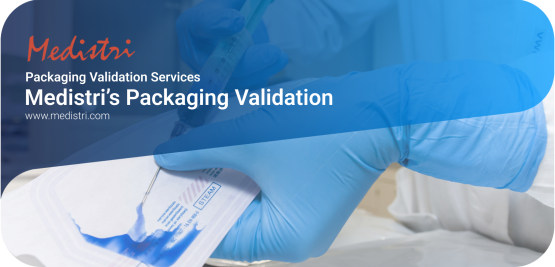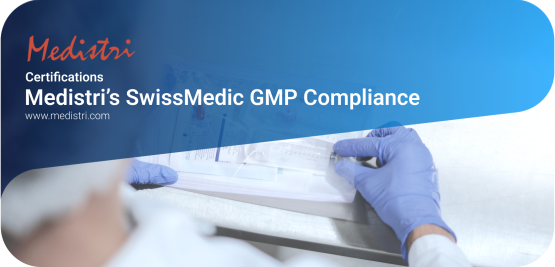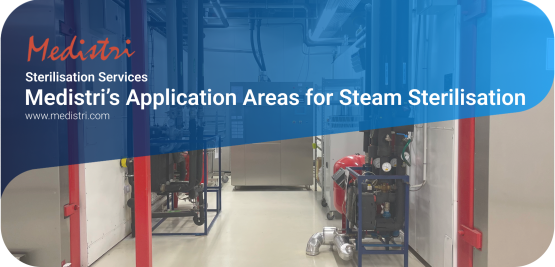Medistri at Pharmapack 2025
Medistri is attending Pharmapack 2025 in Paris, France from January 22 to 23, hosting a booth to cater client meetings, showcase its services and answer all questions.
Streamline Your Operations with MyMedistri
Imagine having the ability to streamline your operations, gain real-time visibility, and collaborate with your global teams—all from one intuitive platform. MyMedistri is that solution, built to save time, reduce errors, and give you complete control over your operations.
Ethylene Oxide Residual Analysis
Ensuring patient safety is paramount when sterilizing medical devices. Among sterilization methods, ethylene oxide (EO) is widely used due to its compatibility with a broad range of materials. However, residuals such as ethylene oxide, ethylene chlorohydrin (ECH), and ethylene glycol (EG) can remain on the devices post-sterilization. These residues must be minimized to prevent harm during product use.
Medistri’s Manufacturing Services
Created for start-up companies and early-stage products, Medistri's manufacturing team can offer primary, secondary, and tertiary packaging solutions that fit your strategic & regulatory requirements.
Medistri Recognized Among the Top 5 SMEs in Suisse Romande by SVC
A huge thank you to SVC Suisse Romande for organizing such a fantastic event. Your commitment to fostering innovation and excellence in the region is inspiring, and we are honored to have been a part of it.
Medistri's Packaging Validation
The validation of packaging stems from the need to ensure the quality of products across the many steps in your distribution cycle: from shipping to storage. It is indeed an increasingly common requirement for many product categories, including a strong emphasis on the packaging quality requirements for medical and pharmaceutical industries.
Medistri’s SwissMedic GMP Compliance
Good Manufacturing Practices (GMP) are vital standards in the pharmaceutical industry that ensure product quality and safety throughout production. These regulations protect against contamination, errors, and deterioration, ensuring that healthcare products consistently meet strict standards.
Medistri’s Application Areas for Steam Sterilisation
Steam sterilisation is a highly effective and reliable method of decontamination. By exposing products to saturated steam at high temperatures, typically between 121°C and 134°C, steam sterilisation ensures the elimination of harmful microorganisms. The process involves three critical phases: conditioning, exposure, and exhaust, with exposure times ranging from 3 to 15 minutes, depending on the specific product requirements.
Medistri's SwissMedic GDP Compliance
Good Distribution Practices (GDP) are essential regulatory standards in the pharmaceutical industry that ensure the quality and safety of products throughout their logistical journey. These standards cover the transportation and distribution of healthcare products, preventing risks such as contamination, falsification, or product deterioration.
Medistri at Pharmapack 2025
Medistri is attending Pharmapack 2025 in Paris, France from January 22 to 23, hosting a booth to cater client meetings, showcase its services and answer all questions.










